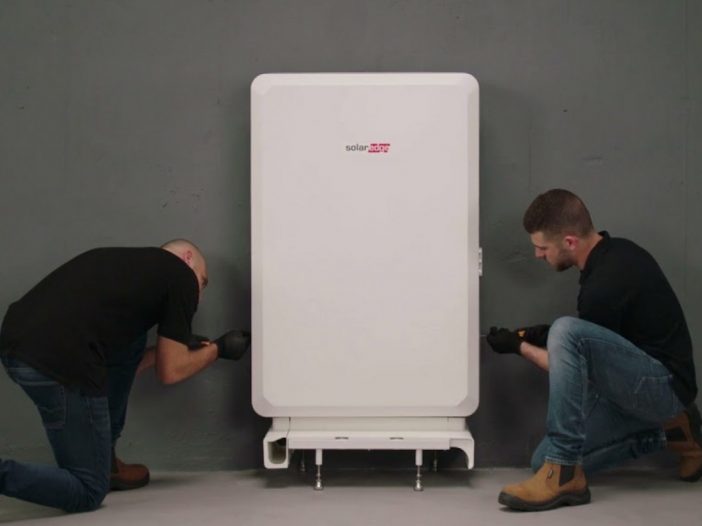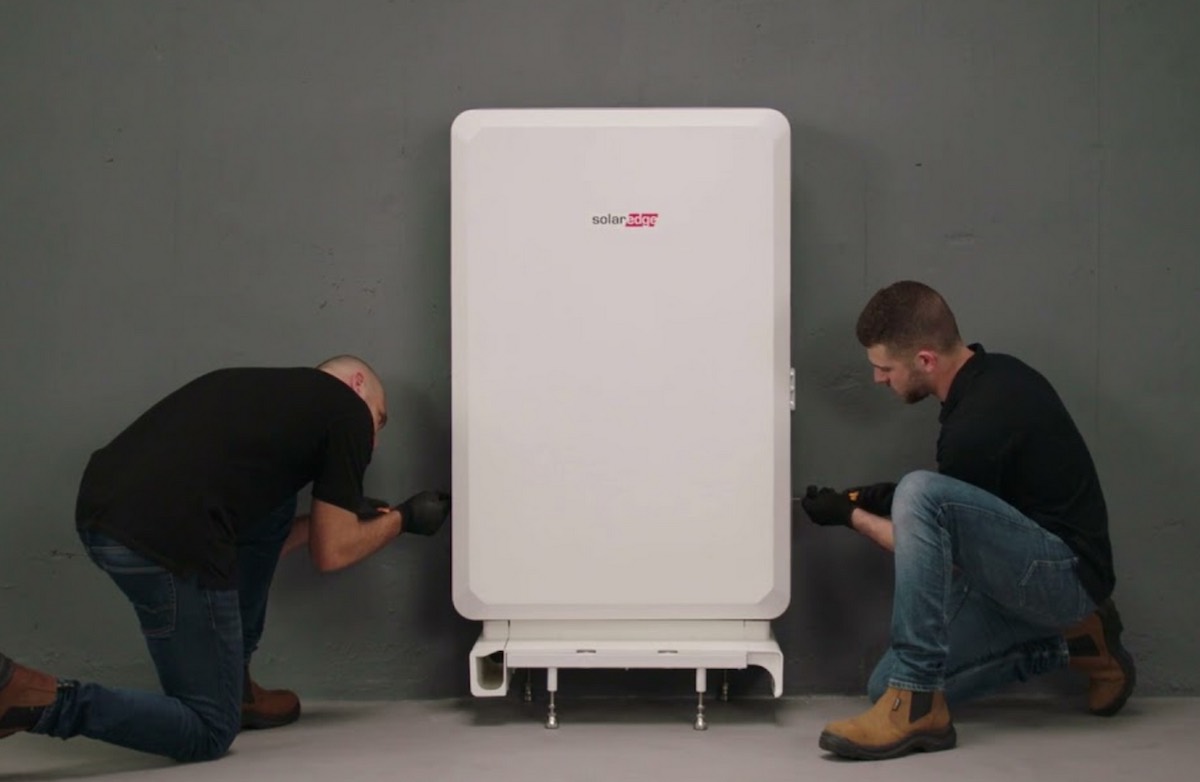
Victorian households wishing to get a $3,500 discount on a battery system will have to get in quickly, after it was revealed that the state government rebate for home storage will be reduced to $2,950 from July 01 this year.
Solar Victoria, which runs the Solar Homes subsidy program for the Labor Andrews government, said on Tuesday that the rebate on offer for batteries would be reduced slightly – by $550 dollars – in line with an anticipated drop in battery prices.
The changes were announced alongside new funding for the hugely successful policy program, with an additional one-off sum of $42 million committed to Solar Homes in the state budget on Tuesday.
Solar Victoria said the new funding would be used to support an additional 1,700 battery rebates, bringing the total number on offer for 2022-23 to 5,200.
“Batteries [rebates] are going gang-busters,” Solar Victoria CEO Stan Krpan told One Step Off The Grid from the Smart Energy Council conference in Sydney on Wednesday.
“We’ve seen a five-fold increase in application numbers from 2020-21 to 2021-22. … And we would expect to see a significant uplift in demand – a bit of surge – as we reach the end of this financial year and ahead of the reduction of the rebate amount.”
But even with this jump in uptake of the home battery rebate, Krpan says the share of installations subsidised by the Solar Homes scheme is not as big in the home battery market as it is in PV.
“We’re only about 60 per cent of batteries, which might mean that wealthier people are the early adopters in the market.” (The battery rebate, like the solar panel rebate, is eligible only to households with a combined annual income of less than $180,000.)
Krpan said that while there were mixed views on whether battery prices were actually coming down in Australia, the government had opted to reduce the rebate amount, while at the same time increasing the amount of rebates on offer.
“There’s increasing competition in the [home battery] market,” Krpan said. “Certainly wholesalers and retailers that stocked up last year to get ahead are trying to reduce their stock.”
In the meantime, anybody that’s approved for a rebate up until the 30th of June will get the current amount of $3,500 – at the time of publication there were just over 2,000 rebates remaining.
And customers who sign up to one of the state government certified VPPs can get a significantly higher discount through the scheme, of $4,170. See here for details.
Krpan said that while the battery rebate was humming along nicely, there had been a softening in rooftop solar, with the number of rebates awarded for the 2021-22 financial year expected to total just 45,000, well short of the projected target of 72,000.
“So there’s definitely been a correction,” Krpan said, referring to the combined impact on Australia’s rooftop solar market from Covid, supply chain disruptions and rising costs.
“We make adjustments for the program each year, trying to watch the market, trying to get ahead of the market.
“Essentially, obviously in solar there’s been a softening, but we are wanting to …boost solar and get our numbers up.”
To this end, the subsidy amount for solar panels will remain the same in the new financial year, at $1,400, with another 62,000 rebates being put up for offer in 2022-23.
Currently, there are 33,000-odd solar panel rebates still up for grabs from the 2021-22 allocation, but Krpan said it wasn’t clear whether these would be rolled over and added to the 2022-23 allocation, or not. That decision will be for the government.
“We’ve done it both ways [in the past]. What’s different this time around is that we’ve made the announcement [on the details of the 2022-23 rebate details and numbers] as soon as possible [after the budget announcements], which is certainly what the industry has asked of us.”
The new funding and tweaks to the Solar Homes scheme follow up on a number of changes announced last week, including rebates for small to medium businesses and for household, increased access to rebates for the installation of electric hot water systems. See here for more on these changes.

Sophie is editor of One Step Off The Grid and deputy editor of its sister site, Renew Economy. Sophie has been writing about clean energy for more than a decade.



